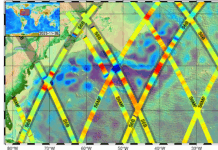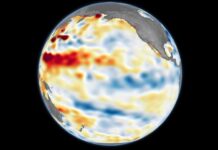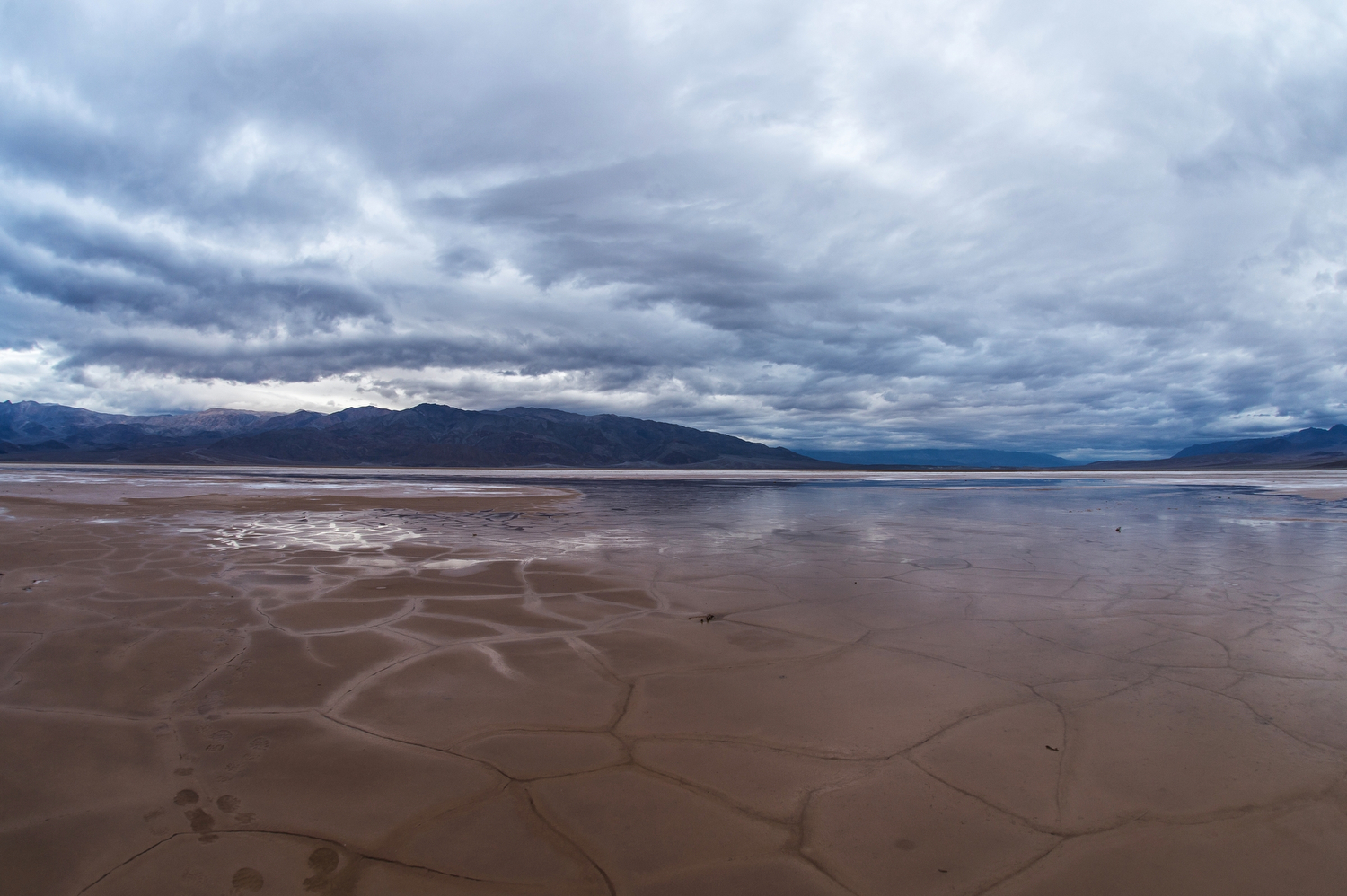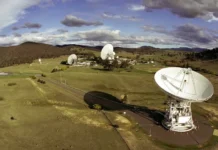NASA Study Reveals Dramatic Human-Induced Changes in Global Water Cycle
In a groundbreaking study recently published in the Proceedings of the National Academy of Sciences, NASA researchers have revealed significant and unprecedented shifts in the global water cycle over nearly two decades. This comprehensive research suggests that human activities, particularly those related to agriculture, are major contributors to these changes. The findings have far-reaching implications for ecosystems and water resource management, especially in regions that are heavily impacted.
Sujay Kumar, a research scientist at NASA’s Goddard Space Flight Center in Greenbelt, Maryland, and one of the paper’s co-authors, explained, "Through data assimilation, we’ve determined that human intervention in the global water cycle is more impactful than previously believed."
Implications for Water Management Worldwide
These shifts in the water cycle affect people globally. Water management strategies, such as designing infrastructure to withstand floods or creating indicators to predict droughts, often rely on the assumption that the water cycle operates within predictable limits. However, as Wanshu Nie, the lead author of the study and a research scientist at NASA Goddard, points out, "This assumption may no longer be valid for certain regions. We hope our research will serve as a guide to improve assessments of water resource variability and aid in sustainable resource management, particularly in the areas experiencing the most significant changes."
Case Study: North China
One illustrative example of human impact on the water cycle can be observed in North China, which is currently undergoing a prolonged drought. Despite this, vegetation in many areas continues to flourish, largely due to farmers irrigating their land by extracting water from underground reserves. Kumar notes that such interconnected human interventions often lead to complex effects on other aspects of the water cycle, such as evapotranspiration and runoff.
Types of Changes Observed
The research team, including Nie and her colleagues, identified three primary types of changes within the water cycle:
- Trend Changes: This includes trends like a reduction in water levels within groundwater reservoirs.
- Seasonality Shifts: Examples include an earlier onset of the growing season or premature snowmelt.
- Extreme Event Alterations: For instance, "100-year floods" are occurring with increasing frequency.
Data Collection and Analysis
For their analysis, the scientists utilized remote sensing data collected from 2003 to 2020, leveraging several NASA satellite sources. This included precipitation data from the Global Precipitation Measurement mission satellite, soil moisture data provided by the European Space Agency’s Climate Change Initiative, and terrestrial water storage information from the Gravity Recovery and Climate Experiment satellites. Additionally, the team used data from the Moderate Resolution Imaging Spectroradiometer (MODIS) satellite instrument to gauge vegetation health.
Augusto Getirana, another research scientist at NASA Goddard and co-author of the paper, highlighted the significance of this work: "This paper represents years of effort by our team in developing satellite data analysis capabilities, which have enabled us to accurately simulate continental water fluxes and storages worldwide."
Future Directions for Earth System Models
The study’s findings underscore the need for Earth system models, which are used to simulate future global water cycles, to evolve and incorporate the ongoing effects of human activities. By using more comprehensive data and refined models, water resource managers and producers can better understand and plan for what the “new normal” of their local water situation might entail, according to Nie.
Understanding the Global Water Cycle
To understand the significance of this study, it’s essential to know what the global water cycle is. The water cycle describes how water moves around the Earth, including processes like evaporation (water turning into vapor), condensation (vapor turning back into liquid), precipitation (rain or snow), and infiltration (water soaking into the ground). These processes are naturally occurring but can be influenced by human activities like agriculture, deforestation, and urbanization.
Significance of the Study
This study is particularly crucial because it highlights how human activities are altering a natural process that is vital for life on Earth. Water is essential for drinking, agriculture, sanitation, and industry. Changes in the water cycle can lead to challenges like water scarcity or flooding, impacting food production, health, and economies worldwide.
Good to Know: Impact of Agriculture
Agriculture is one of the most significant human activities affecting the water cycle. Practices such as irrigation, which involves artificially watering crops, can deplete local water reserves like rivers, lakes, and underground aquifers. Over time, this can lead to reduced water availability for other uses and even affect the local climate by altering humidity and temperature patterns.
Expert Reactions
The research has received significant attention from the scientific community. Experts emphasize the importance of integrating human impacts into models predicting future climate and water scenarios. As climate change continues to impact natural systems, understanding and adapting to these changes is essential for sustainable development.
In conclusion, the NASA study provides valuable insights into the profound effects of human activity on the global water cycle. It calls for an urgent re-evaluation of water management practices and emphasizes the need for improved models that account for human-induced changes. By adapting to these shifts, societies can better prepare for the challenges posed by a changing environment, ensuring water security for future generations.
For more Information, Refer to this article.


































